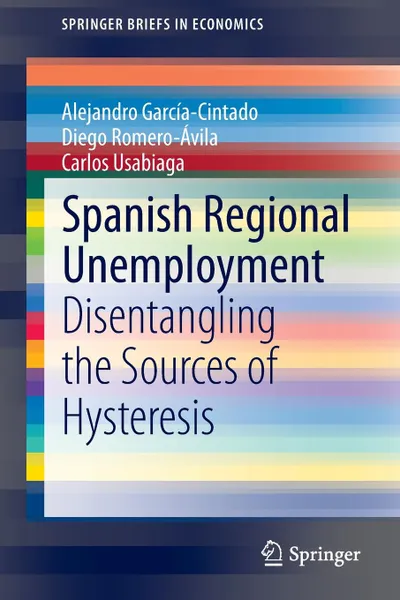Spanish Regional Unemployment. Disentangling the Sources of Hysteresis 12+
80 страниц
Категория: Бизнес образование
ISBN: 9783319036854
Язык: Английский
📘 This work investigates the time series properties of the unemployment rate of the Spanish regions over the period 1976-2011. For that purpose, the authors employ the PANIC procedures of Bai and Ng (2004), which allows
to decompose the observed unemployment rate series into common factor and idiosyncratic components. This enables the authors to identify the exact source behind the hysteretic behaviour found in Spanish regional unemployment.
Overall, the analysis with three different proxies for the excess of labour supply renders strong support for the hysteresis hypothesis, which appears to be caused by a common stochastic trend driving all the regional
unemployment series. In the second part of the analysis the authors try to determine the macroeconomic and institutional factors that are able to explain the time series evolution of the common factor, and in turn help us shed
light on the ultimate sources of hysteresis. The reader shall see how the variables that the empirical analysis emphasises as relevant closely fit into the main causes of the Spanish unemployment behaviour. Finally, some
policy considerations drawn from the results are presented.
to decompose the observed unemployment rate series into common factor and idiosyncratic components. This enables the authors to identify the exact source behind the hysteretic behaviour found in Spanish regional unemployment.
Overall, the analysis with three different proxies for the excess of labour supply renders strong support for the hysteresis hypothesis, which appears to be caused by a common stochastic trend driving all the regional
unemployment series. In the second part of the analysis the authors try to determine the macroeconomic and institutional factors that are able to explain the time series evolution of the common factor, and in turn help us shed
light on the ultimate sources of hysteresis. The reader shall see how the variables that the empirical analysis emphasises as relevant closely fit into the main causes of the Spanish unemployment behaviour. Finally, some
policy considerations drawn from the results are presented.
Мнения
